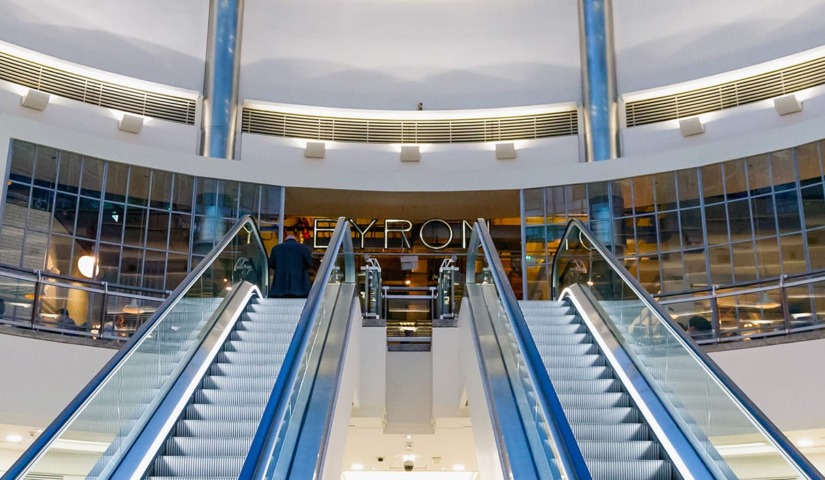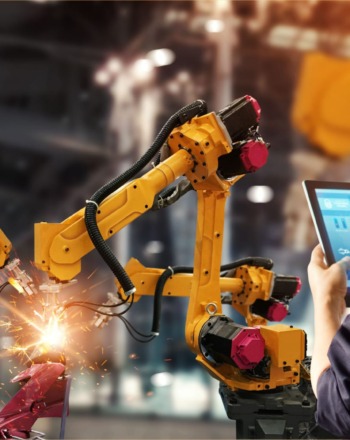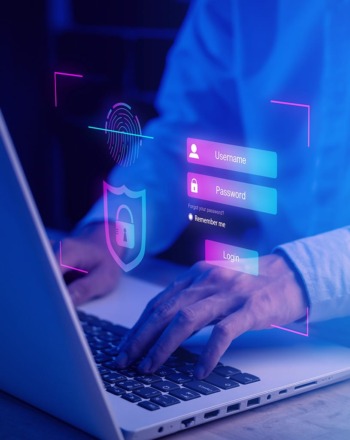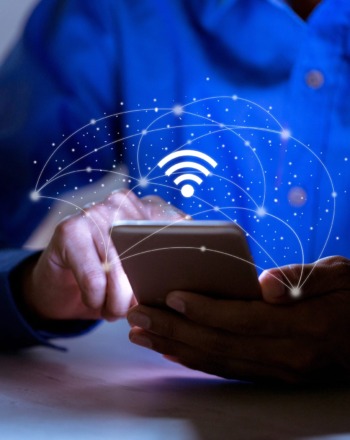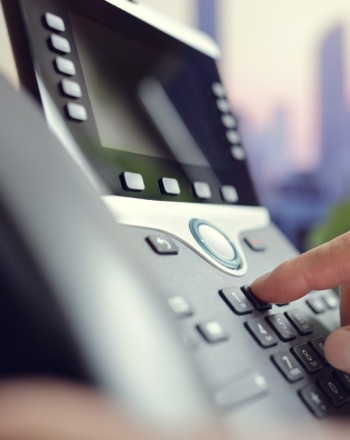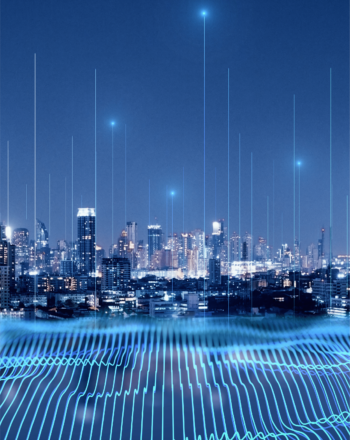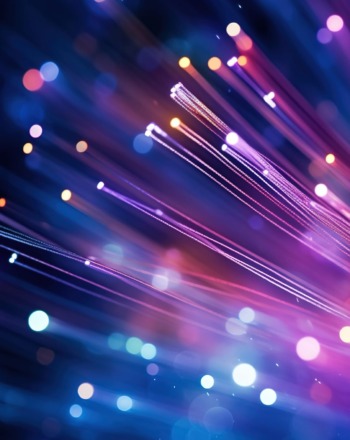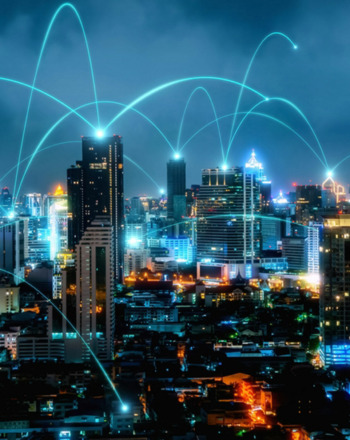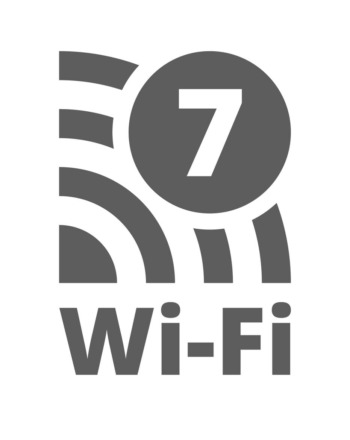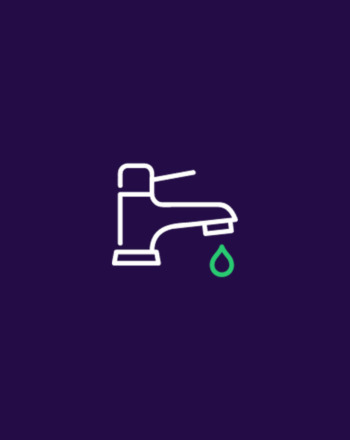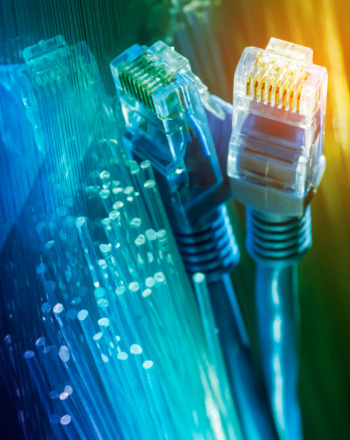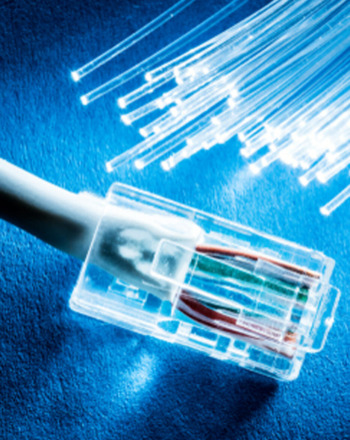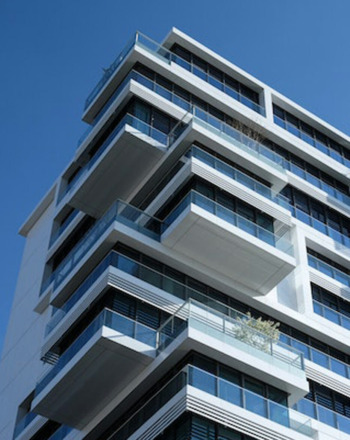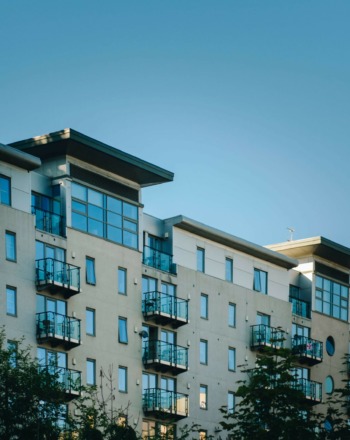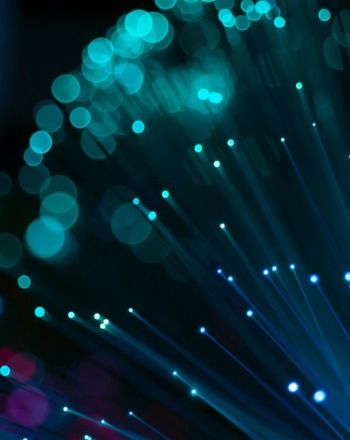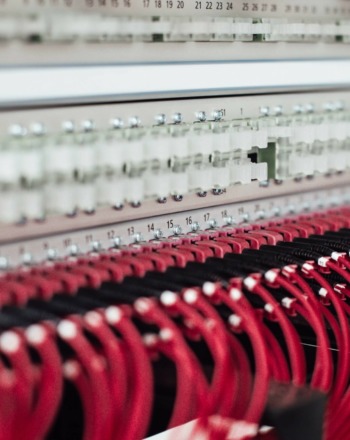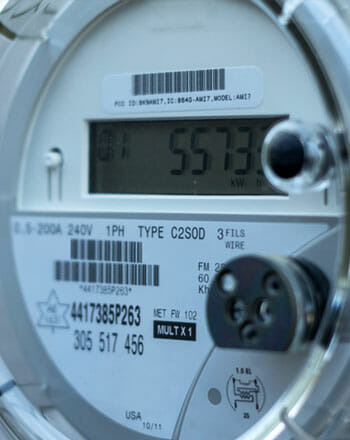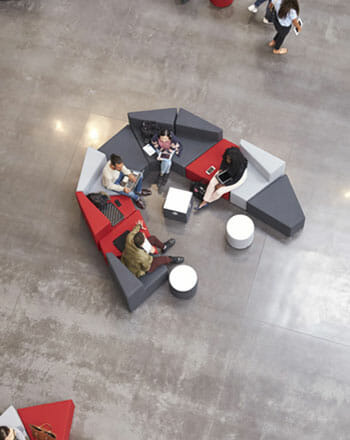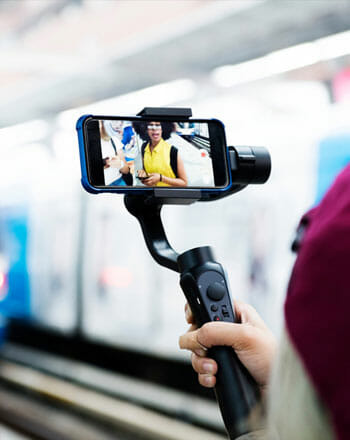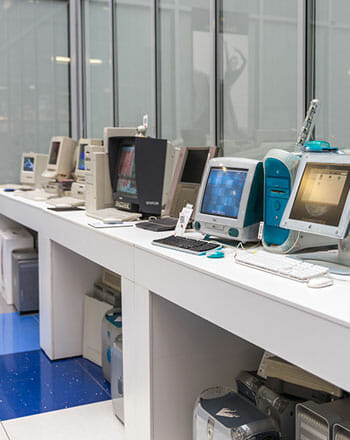Retail parks offer many benefits for retailers, as they can be positioned on the edge of urban areas or even in more rural or suburban areas – so space isn’t an issue.
Developing retail parks does come with its own set of challenges, however. For example, some sites may lack the infrastructure required to facilitate internet connectivity, which is vital in the modern retail industry.
This article explores the challenges of connectivity in retail parks and how to overcome them.
The Impact Of Poor Connectivity In Retail Parks
Consistent and robust internet connectivity is essential in the modern retail environment.
If you’ve ever been into a shop only to find out the internet is down, payment processors aren’t working, and it’s cash-only, you’ll already know how much chaos this can cause.
In fact, accepting cash payments when connectivity drops may not even be possible, as point-of-sale (POS) software may not work properly without internet access.
In the case of retail parks that share network infrastructure, it might not just be the one store that is affected by faulty or malfunctioning connections. Over time, it could lead to financial losses and reputational damage, especially if customers experience issues on multiple occasions.
Payment Systems
Modern payment systems rely heavily on stable and reliable internet connections to process transactions swiftly and securely.
Connectivity issues can lead to transaction failures, delayed processing times, and long queues. In some cases, it might be necessary to switch to cash-only payments, or some retailers choose to record transactions manually.
It goes without saying that payment system failure is frustrating for customers and leads to lost sales, especially now fewer people carry cash.
Stock Inventory
Retailers within the park depend on real-time access to accurate stock information to manage their inventory effectively and efficiently.
Disruptions in connectivity can lead to a disconnection with inventory databases, resulting in displaying outdated or inaccurate stock levels.
This can cause operational issues, leading to overstocking, stockouts, and customer dissatisfaction when products are unavailable.
Again, these issues can erode customer trust and loyalty.
Online Customer Orders
Retail software systems are often linked to eCommerce stores with options such as click-and-collect.
Poor connectivity can affect the processing and fulfilment of online orders, leading to delays, inaccurate order information, and the cancellation of orders.
If customers head to the store specifically to pick up something which is unavailable or missing due to communication issues, that could result in complaints and refunds.
In-store Advertising via Technology
Many retail parks leverage digital signage and other advanced technological solutions for advertising and promotional activities.
These digital solutions require a stable internet connection to deliver content.
Connectivity issues can disrupt the delivery and display of advertising content, diminishing the effectiveness of marketing campaigns.
Guest Wi-Fi
Providing guest Wi-Fi has become an expected service in retail parks, crucial in enhancing the overall customer experience. A fast and reliable Wi-Fi connection allows customers to browse products, compare prices and access promotional offers on the go.
However, poor connectivity results in unreliable internet access, affecting the customer experience. While customers might accept one of these issues in isolation, repeat issues could spell financial and reputational damage.
The Importance Of Retail Park Connectivity
As we’ve demonstrated robust and high-speed connectivity within retail parks directly affects customer satisfaction. It’s also worth highlighting that shops typically lease their premises from retail parks and depend on their infrastructure.
Ongoing connectivity issues might see occupiers close their shops and move elsewhere.
A reliable network reduces the chances of transaction errors and ensures that the park’s digital infrastructure works as it should. Near-100% uptime is what every retail park should strive for.
As businesses become more heavily digitised, connectivity-dependent workflows are proliferating.
For example, retail parks are witnessing the integration of advanced technologies such as the Internet of Things (IoT), analytics, and AI-powered tools.
These technologies rely heavily on consistent and high-speed connectivity to function properly. IoT devices can be used for various applications ranging from inventory management to in-store navigation, all enhancing operational efficiency.
Reliable connectivity may even affect aspects such as security and climate/temperature control, which rely on wireless data exchange.
Secure & Reliable Connectivity Solutions With Glide
Retail parks pose unique challenges for data connectivity, especially when they’re not located near existing network infrastructure.
Glide, with our expertise in providing managed business fibre broadband services, offers secure and reliable connectivity solutions tailored to the unique needs of retail parks.
We deliver robust network infrastructure to ensure uninterrupted internet access and maximal uptime.
With Glide, retail parks can enjoy seamless connectivity, ensuring both leaseholders and customers are satisfied.

